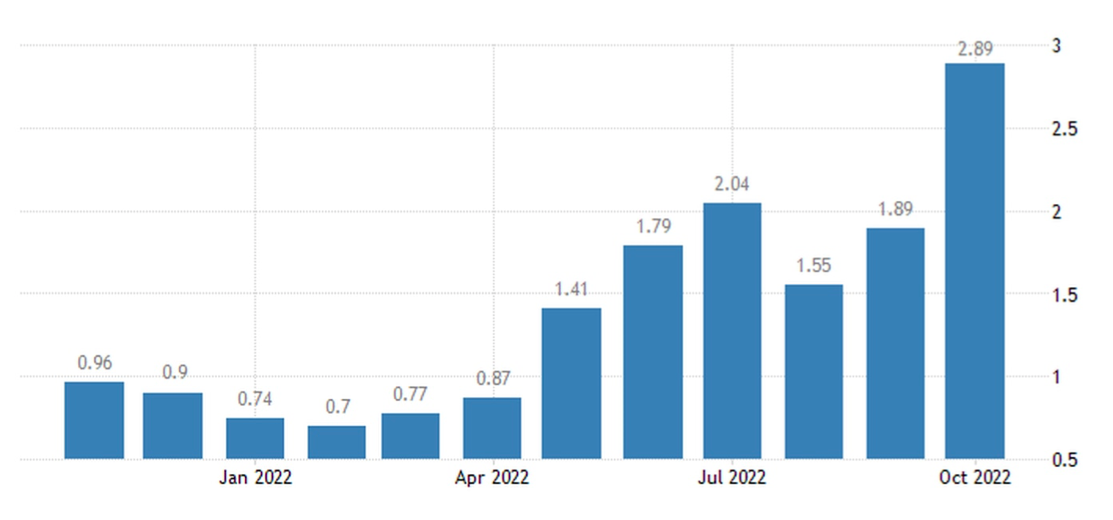In a world hit by an inflationary revival, Bolivia has drawn the attention of many countries in the region and the world for its low Consumer Price Index (CPI).
In fact, at the end of October, Bolivian inflation stood at 2.89% year-on-year, a value that is among the lowest in the world. To take a reference, in the main power of the planet, the United States marked an interannual 7.7% to the tenth month of the year.
Read also: Check out our coverage on Bolivia
The projections of the International Monetary Fund (IMF) indicate that at the end of 2022 there will be a Latin American country that ends up with a lower CPI than the Bolivian one: Ecuador.

BOLIVIA LOSES THE THRONE
The latest IMF outlook report for the Americas projects that Bolivia’s inflation at the end of 2022 would be 4.2%, while Ecuador is expected to end this year with a price index of 3.8%.
For 2023, even, Bolivia would drop a few more steps in the ranking: the IMF expects it to end next year with an inflation of 3.6%, while in Ecuador the CPI 2023 would be 1.4% and in El Salvador, 2%.
Peru could also end 2023 with less inflation than Bolivia, if the IMF prediction comes true and closes the year with the index at 3%. Panama would also close that period with an annual 3%.
The inflation rate projected by the IMF for all of Latin America and the Caribbean in 2022 is 14.6% and 9.5% for 2023.
Despite being values much lower than those shown by most countries in the world, inflation in Bolivia had a strong growth in 2022, if we take into account that it had closed at 1.5% in 2019; at 0.7% in 2020; and at 0.9% in 2021.
“The fixed exchange rate regime, coupled with robust agricultural production and various subsidies and price controls, has helped keep domestic prices stable, but inflation is projected to rise by the end of 2022,” states the latest report from the IMF.
The document adds that “fiscal pressures and a decline in international reserves have increased Bolivia’s vulnerability to external shocks.”
With information from Bloomberg Línea

